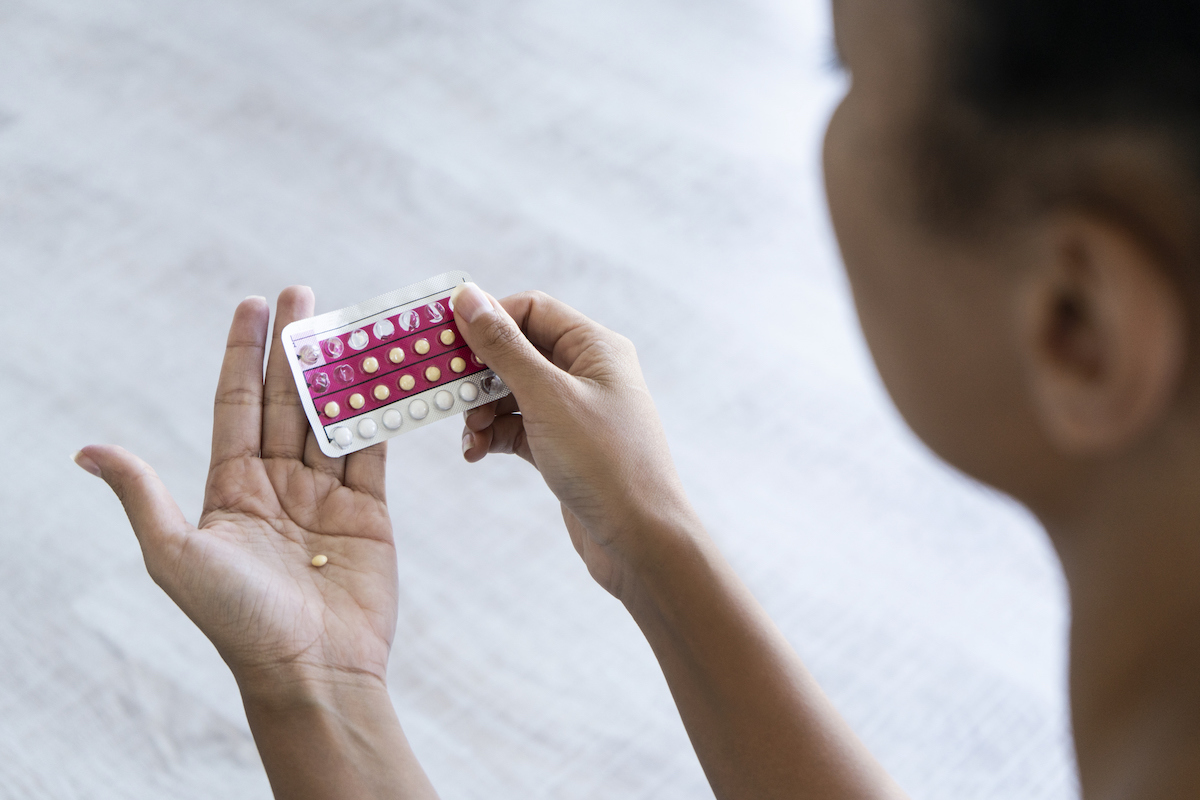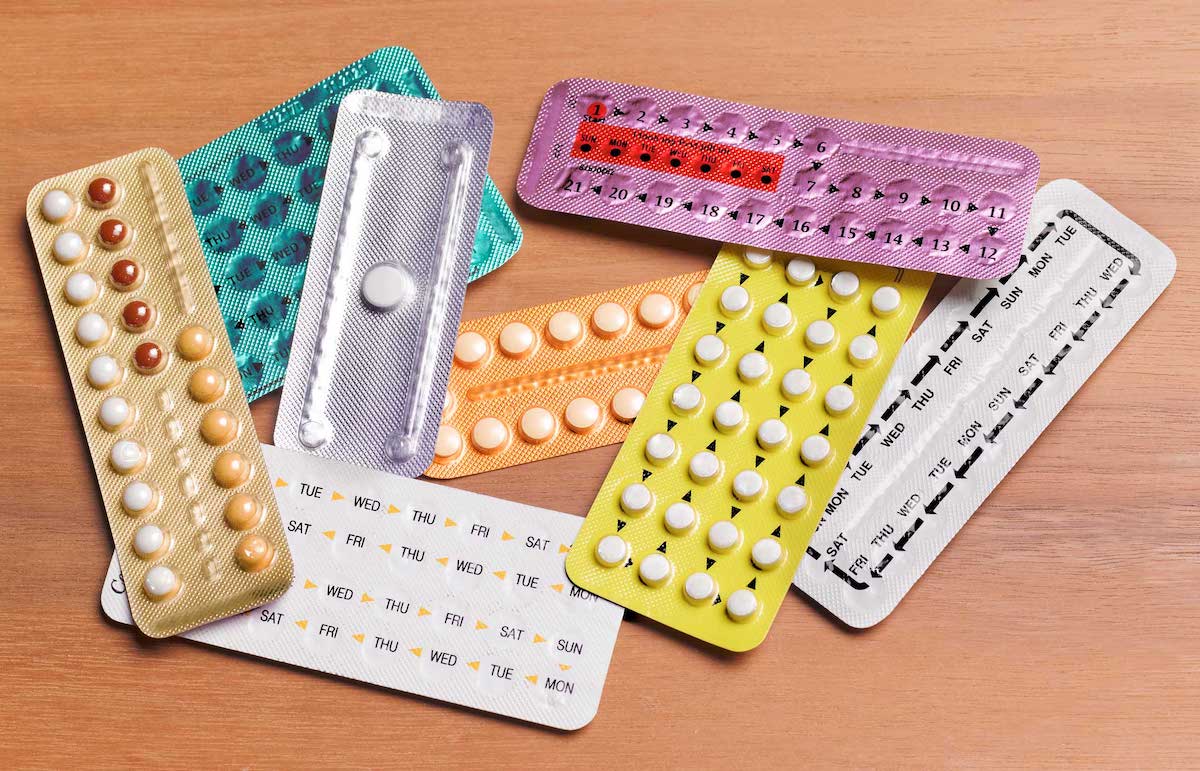I don’t get a period when I am on the pill (Lo Loestrin Fe). It’s great, but should I be concerned at all?
—Rachel
One of the benefits of taking birth control pills is lighter or even absent periods. Women often worry that not having a period on birth control pills is concerning, but it is not concerning at all. Let’s understand why.
Birth control pills work by suppressing the release of hormones that drive ovulation from the pituitary gland with a stable dose of estrogen and progestin. When we don’t ovulate we can’t get pregnant.
Estrogen in the pill can cause the uterine lining to grow, but the progestin limits this growth. Depending on the amount of estrogen and progestin in the pill, more or less lining will grow. Pills with the lowest doses of estrogen, like Lo Loestrin, often lead to very little growth of the uterine lining.
When we start taking the placebo pills at the end of the pack, estrogen and progestin levels drop quickly. Whatever lining there is sloughs off. This is not a real period. We call it a “withdrawal bleed” because it occurs when we withdraw the estrogen and progestin. If there wasn’t much lining buildup, there won’t be much to slough off and you will experience very little, if any, bleeding.
Taking the placebo pills and having a withdrawal bleed does not have anything to do with how the pill provides contraception. It is completely unnecessary. In fact, it is an artifact of the original design of the birth control pill in the 1950s. The scientists who designed the first pill thought that women and some religious leaders would be more accepting of birth control pills if they mimicked a woman’s natural cycle.
So no need to worry if you aren’t getting a period with your birth control pill. If you want to skip the withdrawal bleed completely, you can ask your doctor about prescribing the pill continuously. Up to you!















Log in